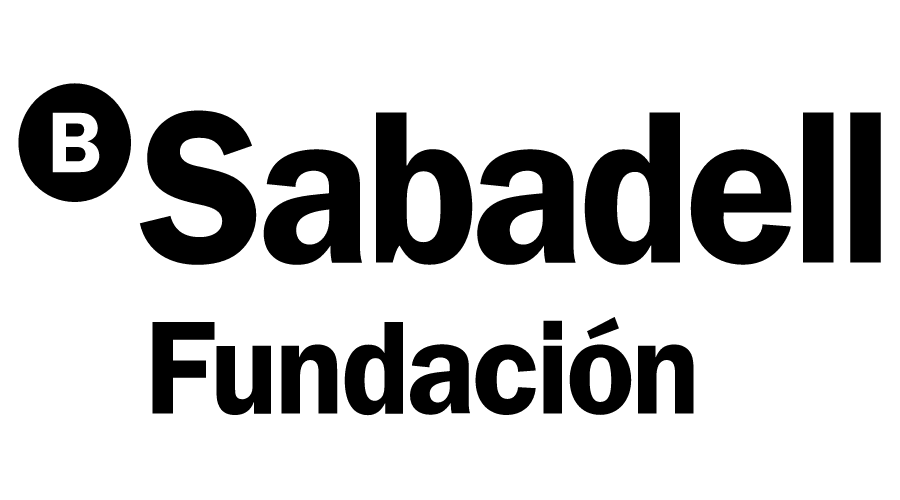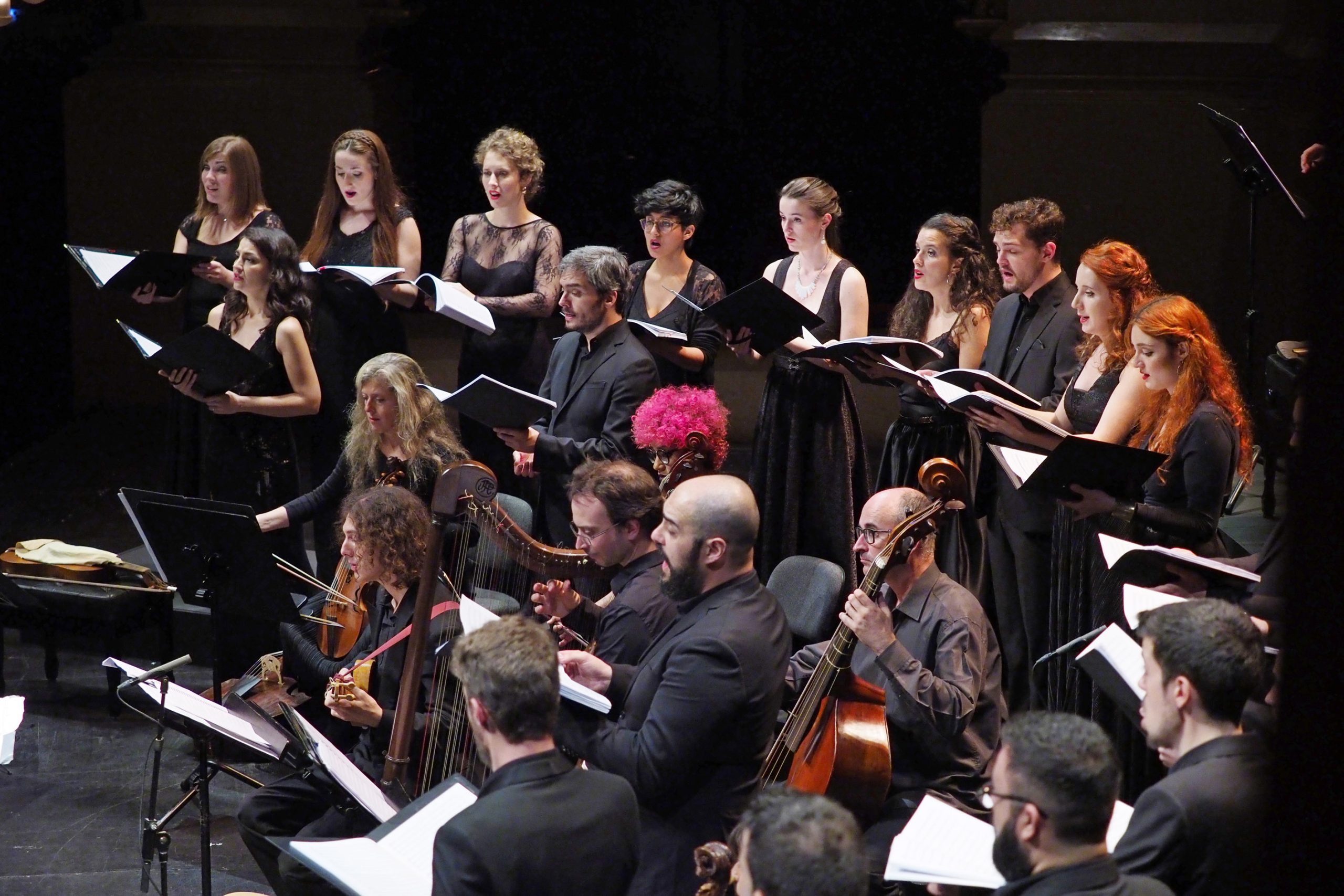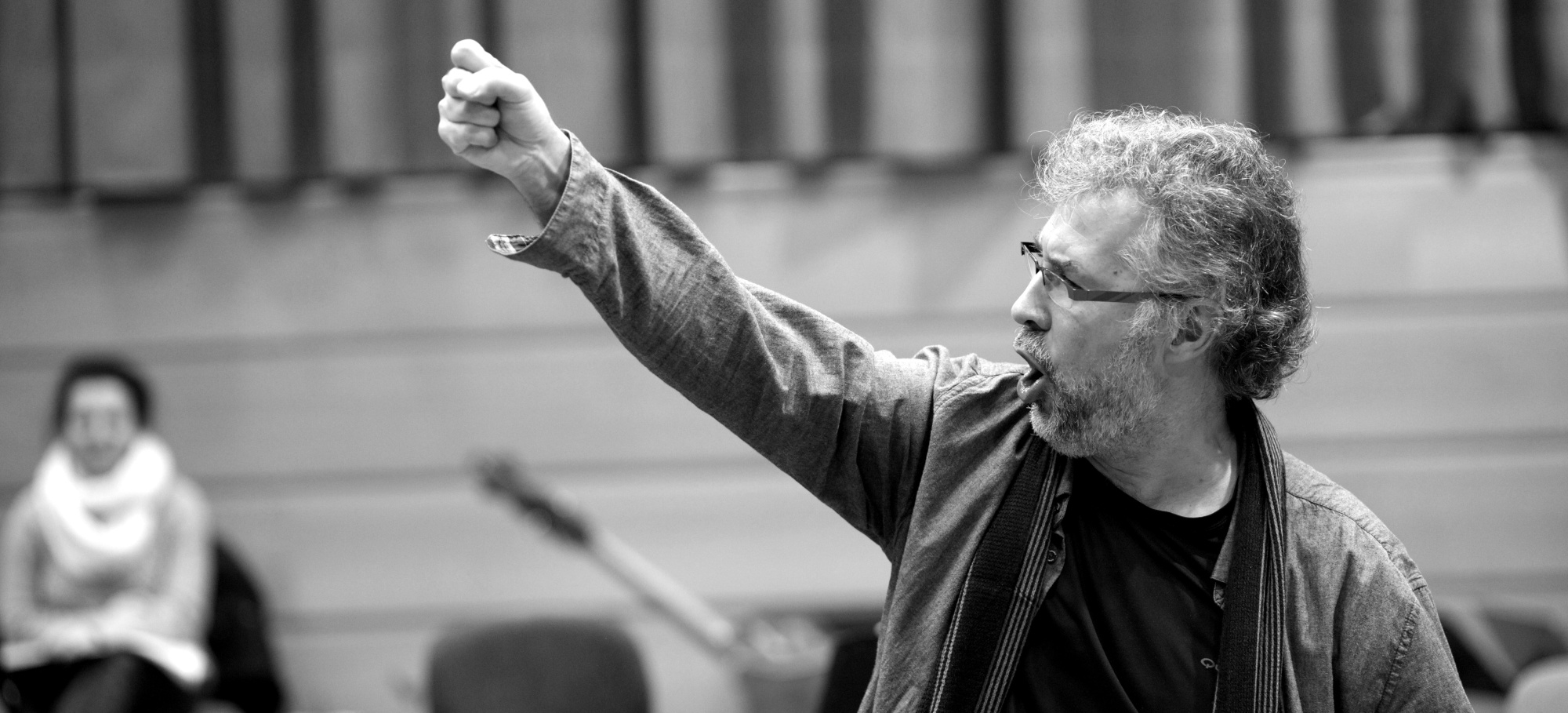Repertoire
J. S. Bach: St. John Passion, BWV 245 (1724) – Selection
J. S. Bach: Komm, Jesu, Komm (Come, Jesus, Come)
Heinrich Schütz: Lobe den Herren, meine Seele (Praise the Lord, my soul), SWV 39
Heinrich Schütz: Herr, nun lässest du deinen Diener de Musikalische Exequien (Funeral music), SWV 281
Heinrich Schütz: Psalmen Davids (Psalms of David), Op. 5
Johann Pachelbel: Ach wie elend ist unsre Zeit (Choral prelude)
Johann Pachelbel: Ach Herr, mich armen Sünder (Ah Lord, me a poor sinner)
Joan Cererols: Missa pro defunctis (Requiem)
Artists
Jove Capella Reial de Catalunya
Lluís Vilamajó, conductor
Program
J.S. Bach, Heinrich Schütz, Johan Pachelbel and Joan Cererols: : with this programme, the Jove Capella Reial de Catalunya, under the direction of Lluís Vilamajó, brings the centre of Europe to us with a taste of key works from the 17th and 18th centuries.
From the father of the Baroque, we will hear a piece written in the first winter that he worked in Leipzig. It is probably the most complex of his long works, and a double-choir funeral motet of an intimate and empathetic nature based on a text by Paul Thymich. The programme also includes three pieces by Schütz, one of which is the third part of the work Musikalische Exequien, which follows the well-known Nunc dimittis or Song of Simeon that says: “Now, Lord, let thy servant depart in peace …” The other two are included in the Psalmen Davids collection written for eight or more voices, meaning that in some of the pieces up to three or four choirs can participate.
Also worth savouring are two chorale preludes by Pachelbel that follow a model devised by the composer himself, in which he combines the cantus firmus and the chorale fugue that soon became a standard form. The programme will end with the Catalan composer and Benedictine monk Joan Cererols, with a work that was recorded by the Capella Reial de Catalunya in 1987.
Supported by:



